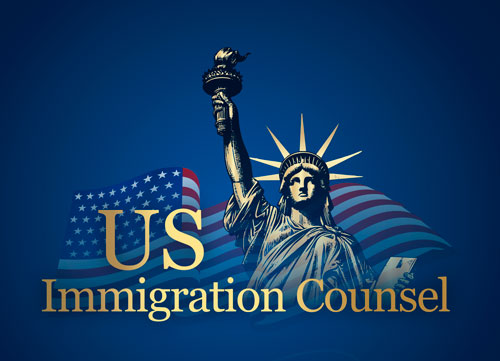B-2 Visa
The B-2 visa is a temporary nonimmigrant visa for individuals visiting the United States for tourism, medical treatment, or other recreational purposes. It is intended for short-term stays and does not permit employment or enrollment in formal educational programs that grant academic credit. This visa offers flexibility for leisure travel while maintaining clear restrictions on duration and intent.
Who Is Eligible for a B-2 Visa
The B-2 visa is intended for individuals who plan to:
-
Vacation or tour in the U.S.
-
Visit friends or family
-
Receive medical treatment
-
Attend social events or gatherings
-
Participate in amateur performances or sports events (unpaid)
-
Enroll in short, recreational, non-credit courses
To qualify, applicants must show that they have a residence abroad they do not intend to abandon, that their stay in the U.S. will be temporary, and that they have sufficient funds to support themselves during the visit. Evidence such as return tickets, proof of employment, or family ties in the home country may be required.
Duration and Extensions
The standard maximum period of stay under a B-2 visa is 180 days. In some cases, a one-time extension of up to an additional 180 days may be granted. Extensions are typically approved only for valid reasons such as:
-
Ongoing medical treatment
-
Unforeseen travel complications
-
Delays related to planned events or visits
Extension requests must be filed before the expiration of the initial authorized stay and include documentation supporting the request.
Traveling With Family Members
Each family member accompanying a B-2 visa holder must apply for their own B-2 visa. The visa does not automatically extend to spouses, children, or other dependents unless they also meet the requirements for temporary travel under this category.
Application Process
To apply for a B-2 visa, applicants generally follow these steps:
-
Complete the DS-160 online visa application form
-
Schedule an interview at a U.S. embassy or consulate
-
Bring the confirmation page and all required supporting documents to the interview
During the interview, consular officers assess the applicant’s travel purpose, financial stability, and ties to their home country. Approval depends on the applicant’s ability to demonstrate that they will comply with the terms of the visa.
B-2 Visa Limitations
The B-2 visa does not allow:
-
Employment in the U.S.
-
Academic study for credit
-
Permanent immigration intentions
It is not a dual intent visa, meaning it cannot be used as a step toward permanent residency. Attempting to change status while in the U.S. on a B-2 visa could negatively impact future visa eligibility.
Visa Waiver Program and B-2 Alternatives
Citizens of countries participating in the Visa Waiver Program (VWP) may enter the U.S. for tourism without a B-2 visa, for up to 90 days. Travelers under the VWP must apply through the Electronic System for Travel Authorization (ESTA) and cannot extend their stay or adjust status while in the country.
Applicants unsure whether a B-2 visa is the most suitable option should carefully review their travel purpose, long-term goals, and available visa alternatives before applying.
Key Considerations for B-2 Travelers
Although the B-2 visa is relatively accessible, misuse can result in serious consequences. Common violations include overstaying the authorized period, attempting to work, or pursuing activities not allowed under the visa terms. These violations can lead to removal and long-term reentry bans.
Travelers should clearly understand the rules of their visa and ensure full compliance throughout their stay in the U.S. Having strong documentation and clear travel plans helps support a successful application and avoid potential issues at the border or during future visits.

